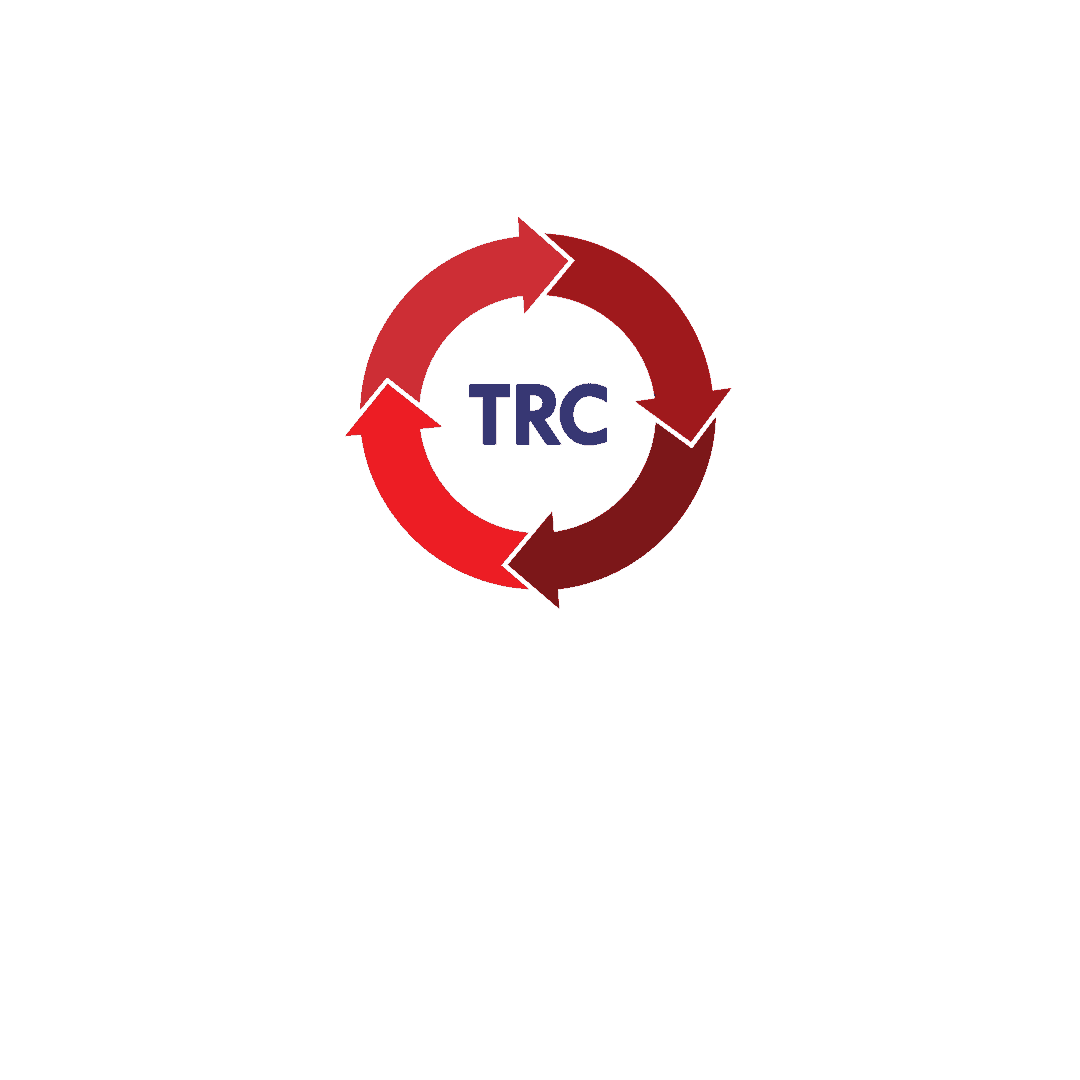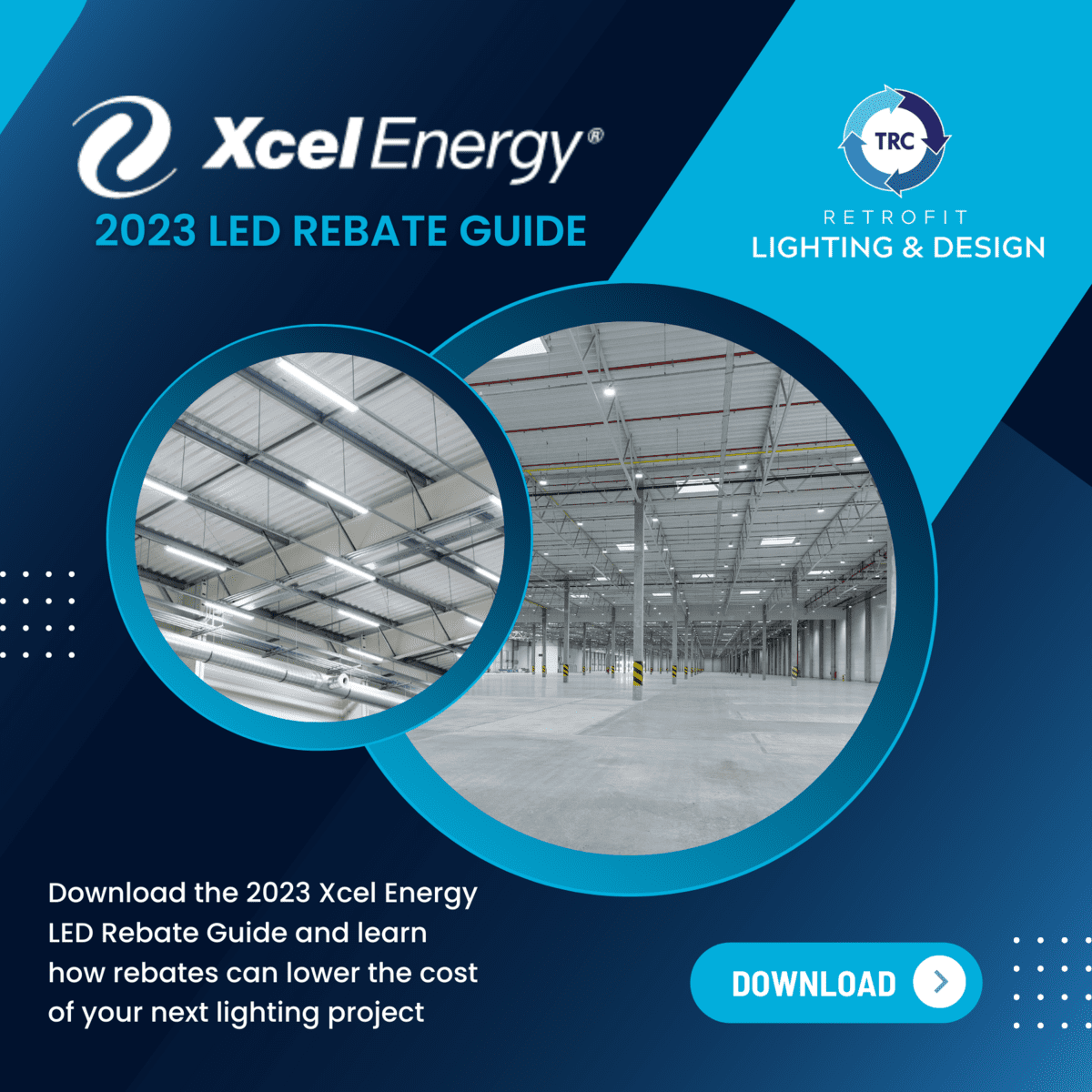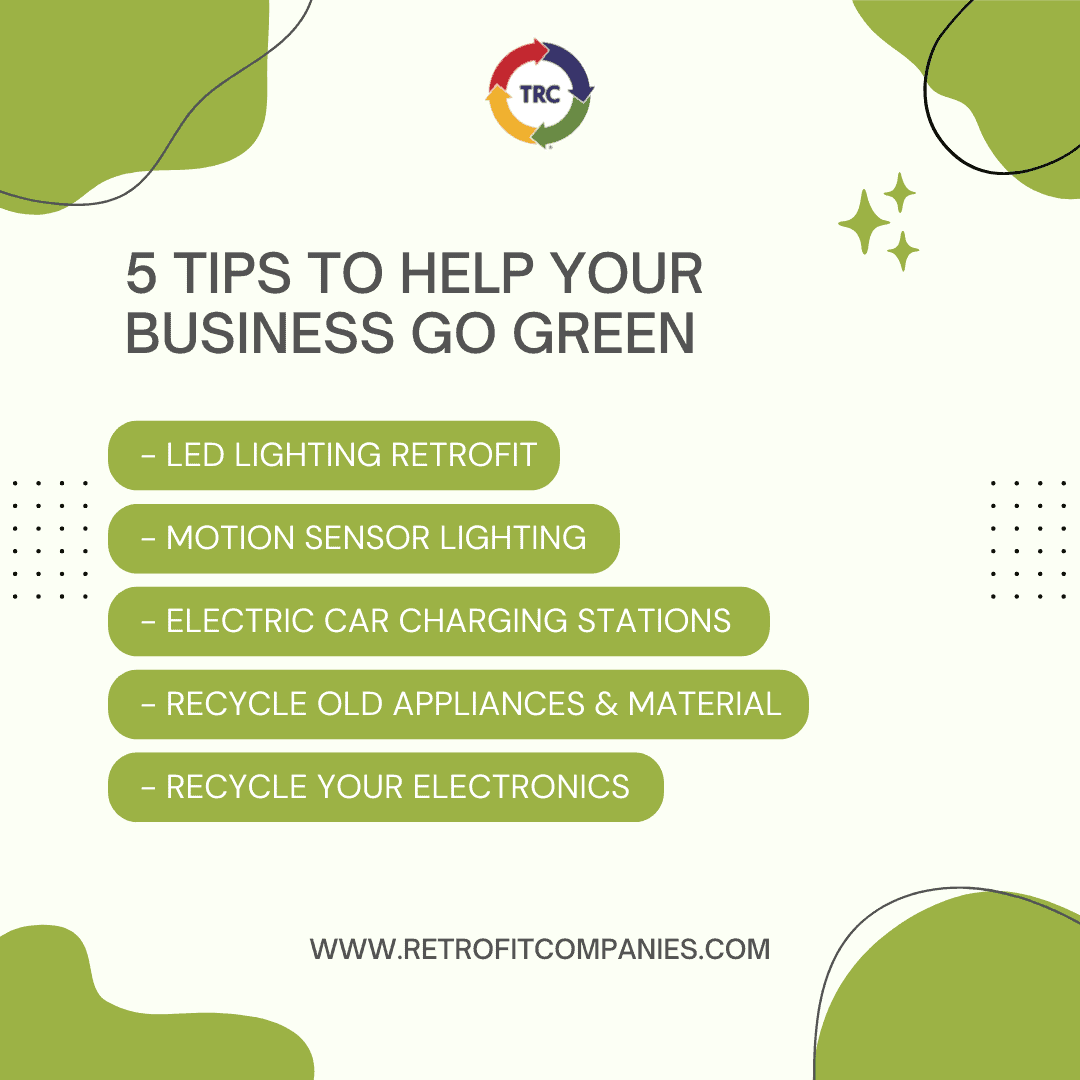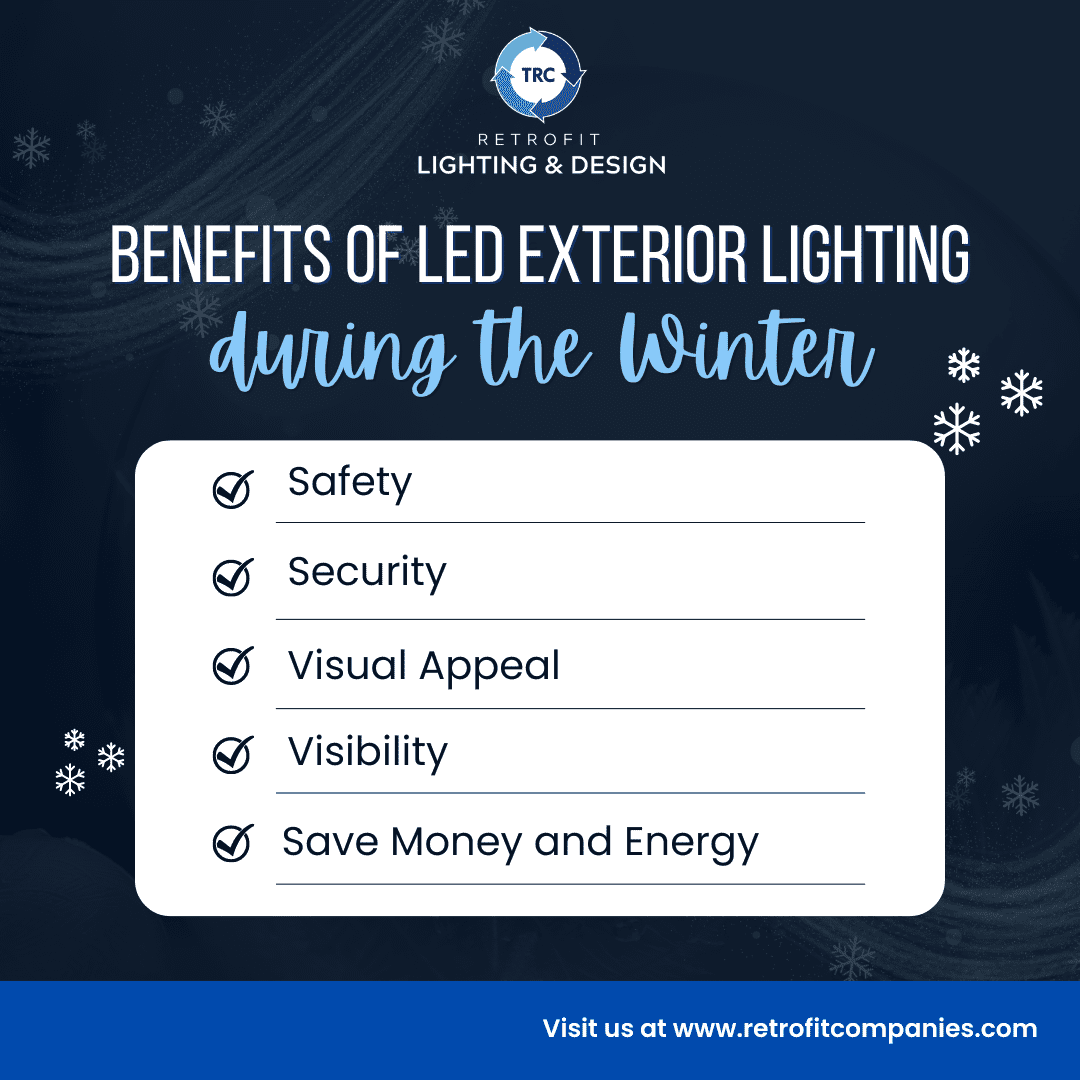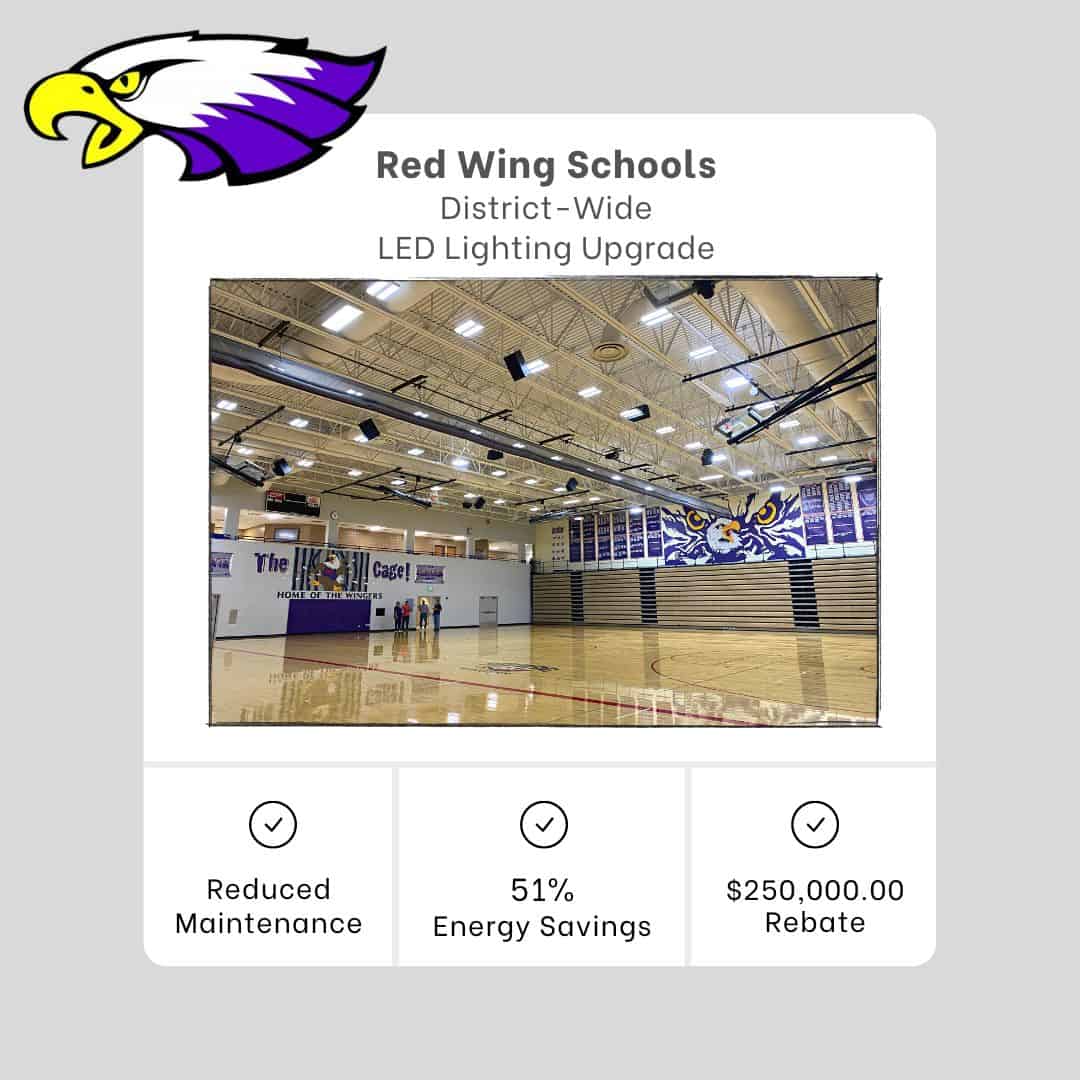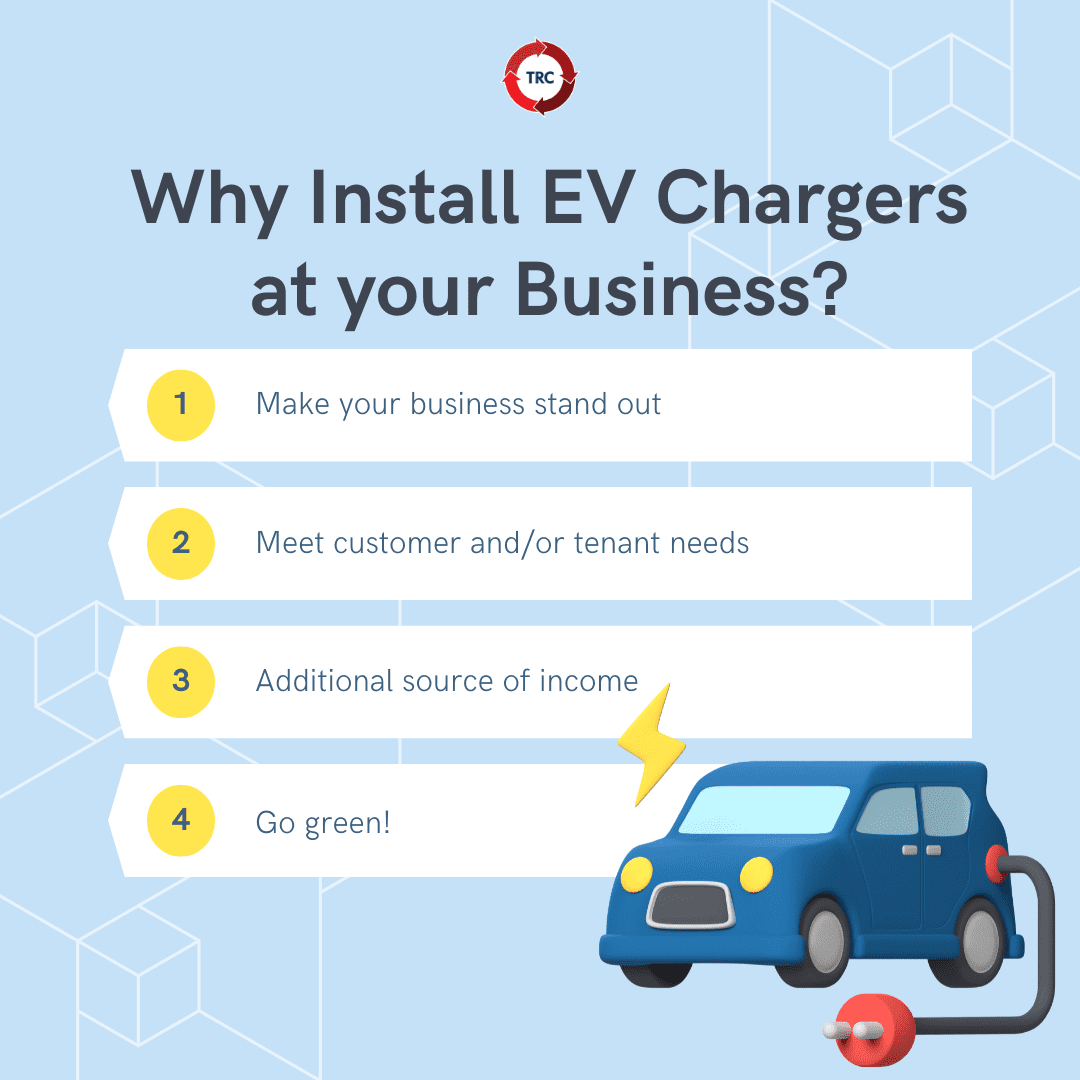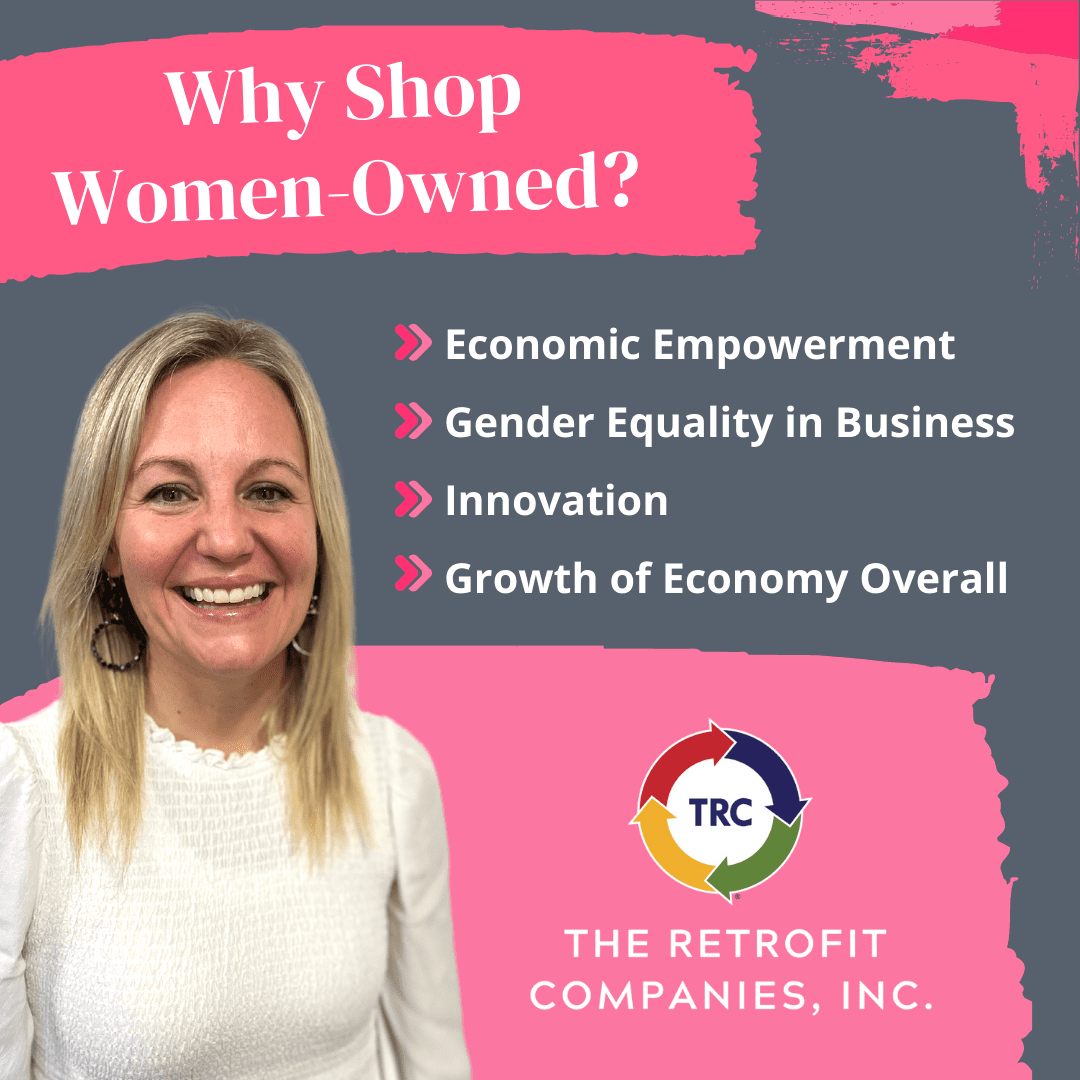“Both conversion projects went quicker than expected, the technicians were a pleasure to have in the building. Fast, neat and clean job.”

Electrical Expertise. Lighting Innovation. Environmental Responsibility.
CONTACT US
Driving sustainability nationwide through energy-efficient lighting & design, recycling, and reliable electrical services.


“Everything was good, from the beginning process to the install to the final work. I would recommend your company to anybody looking to upgrade their lighting.”

“We want you to know that the electrical work that your crew did was done well. The project supervisor was organized and very thorough, he kept us informed and was considerate to us and his crew.”
WE'RE HIRING! SEE ALL JOBS
